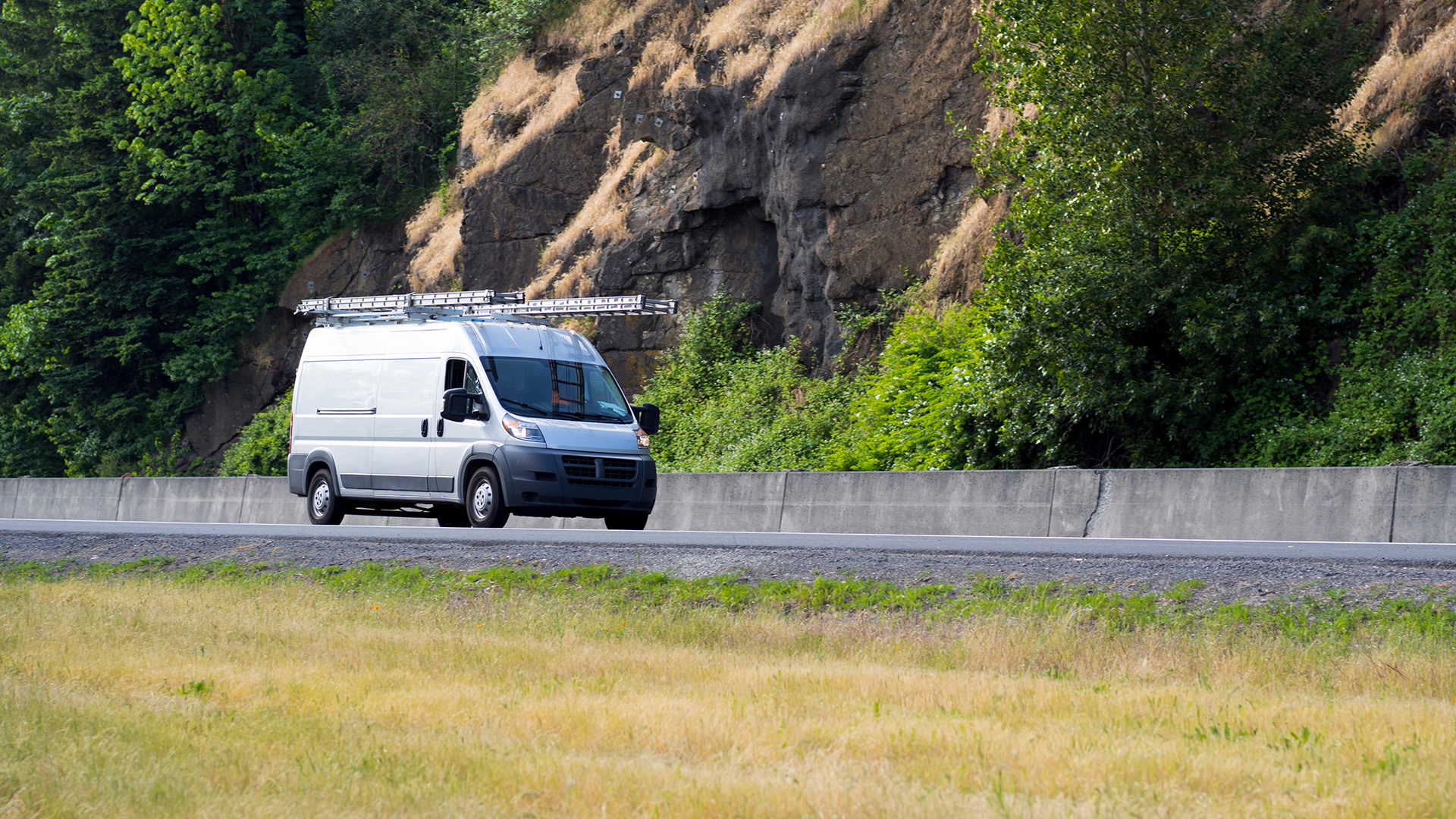What is two factor authentication?
Two factor authentication (2FA) is an extra layer of security to protect data and prevent fraud. Learn more about 2FA in this post.
By Geotab Team
May 26, 2016
Updated: Dec 28, 2023

The measurement of any well-run fleet is its budget. Creating and maintaining that budget is a major aspect of fleet management. Success is often measured by how well costs can be controlled or lowered. So, setting up a budget — although not always the most anticipated task for a fleet manager — is important work nevertheless.
By following a simple, step-by-step plan, fleet managers can minimize headaches and maximize the all-important bottom line. Here is a quick overview of how to create a good budget in four basic steps.
See Also: Personal data security 101
Four Steps for Creating a Fleet Management Budget
1. Set the Strategy for the Year.
Construct a plan for the business, including top objectives and any changes that will occur in coming year. The goals will set the foundation for the budget.
2. Conduct a Review of Last Year’s Expenses.
Gathering information on previous costs provides a guideline of what expenses need to be included in the new budget. A review of past expenses can also highlight areas for improvement. For example, if fuel expenses were much higher than planned, then a driver coaching program to reduce idling and speeding might be in order.
3. Forecast Spending for the Upcoming Year.
When preparing a budget, there are different budgeting techniques that can be used. One common method is incremental budgeting.
In this method, a flat increase is added to the previous year’s expenses, e.g. 5%. While this method may be faster, it has certain flaws.
Firstly, it doesn’t take into account whether the previous year’s spending was necessary or appropriate. Secondly, a straight increase doesn’t give managers any reason to cut costs. In this way, incremental budgeting may actually promote increased spending.
A zero-based budgeting approach is more rigorous. Every item in the budget must be justified from zero, not just the changes from the previous year. Even though this process can be more time-consuming, zero-based budgeting helps develop a culture of cost-management in the organization.
As outlined by Automotive Fleet, the key line items for a fleet management budget are:
- Fuel
- Maintenance
- License & Taxes
- Disposal Adjustment
- Leasing & Fleet Management
- Insurance & Accidents
- Personal Use Chargebacks
- Vehicle Depreciation
- Interest Expenses
- Safety
4. Review the Budget Regularly.
As with any goals, regularly checking the expenses against planned budget is critical to staying on track. Benchmarking the budget against previous years or comparable fleets can provide further insight.
Telematics and Fleet Budgeting
Telematics is especially useful for the budgeting process, because it can be used to identify new opportunities for cost savings.
Once the budget is set, fleet managers can control costs by using telematics to monitor fuel consumption, optimize routes, and proactively manage vehicle maintenance. The Geotab open platform for fleet management offers a whole range of tools for coaching drivers and minimizing operating costs, such as the driver safety scorecard, speeding and fuel trend reports, and the GO TALK In-vehicle verbal feedback solution.
All fleets, whether small or large, private or public, need to have a budget. A well-defined budget helps set the organization on a path to success.
To learn more about cost reduction and driver coaching, read: Show Me the Money! Fleet Management ROI vs. COI
Related: Small and Medium Business Case Studies on Telematics ROI
5 Ways to Chop Your Fuel Expenses Right Now
A Telematics 2020 Vision Enables You to See Your Business Clearly
Subscribe to get industry tips and insights
The Geotab Team write about company news.
Subscribe to get industry tips and insights
Related posts

Field service is losing money to bad data: Go beyond GPS with smarter telematics
June 27, 2025
3 minute read

Unlock field service ROI: Your practical guide to connected operations playbook
June 9, 2025
3 minute read

Neil Cawse: Lack of appetite for risk is holding the Canadian economy back
May 12, 2025
2 minute read

Streamline your workflow with the fleet manager’s productivity checklist
November 14, 2024
1 minute read
